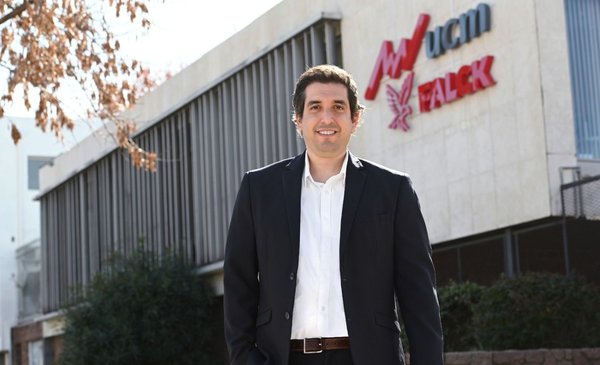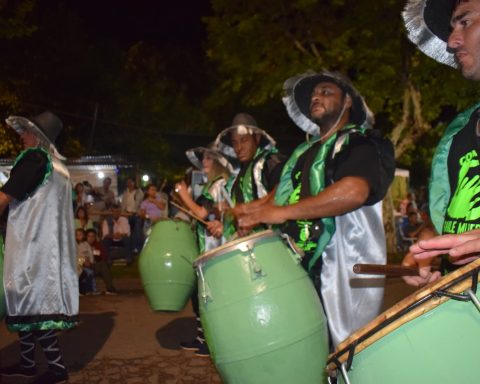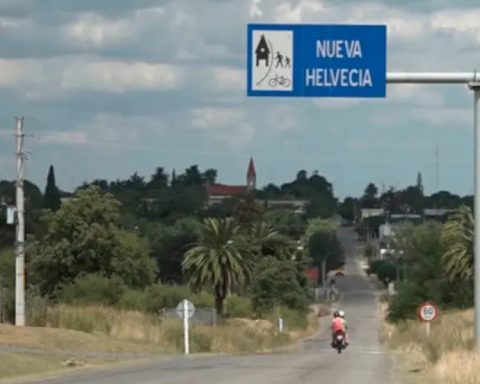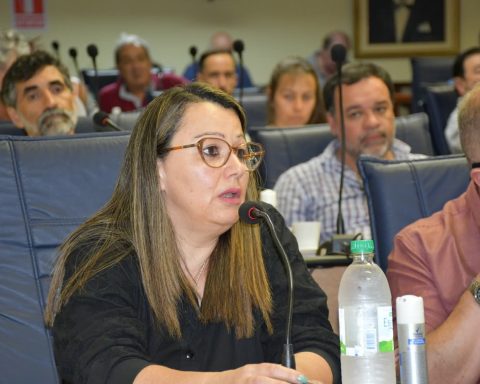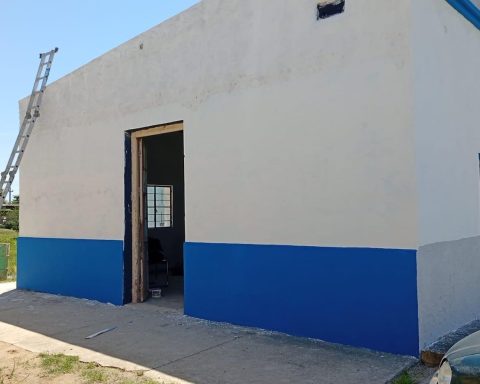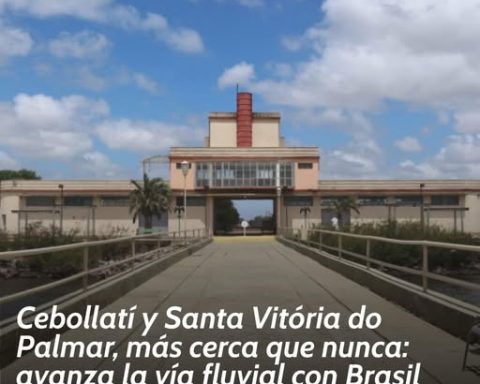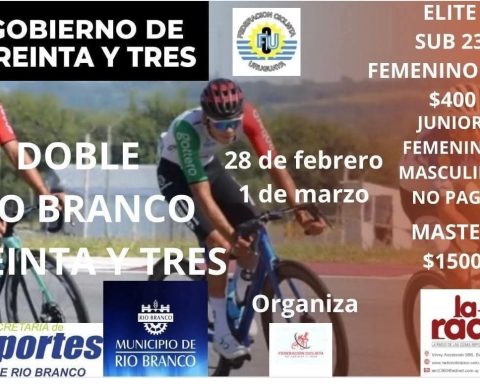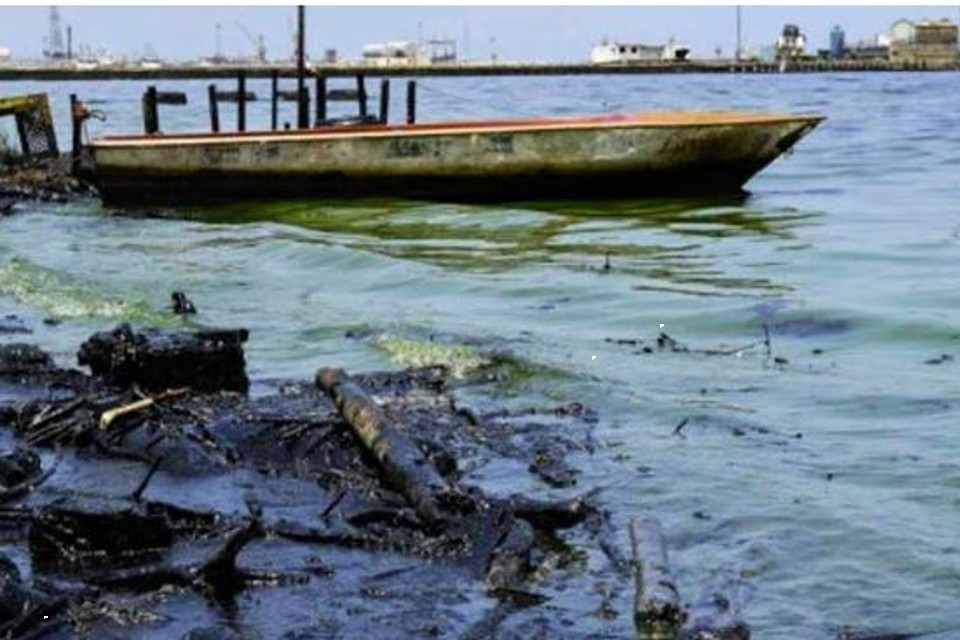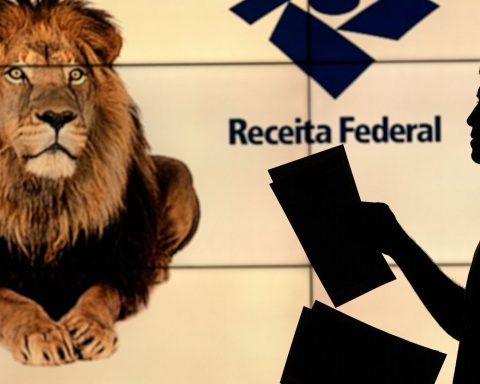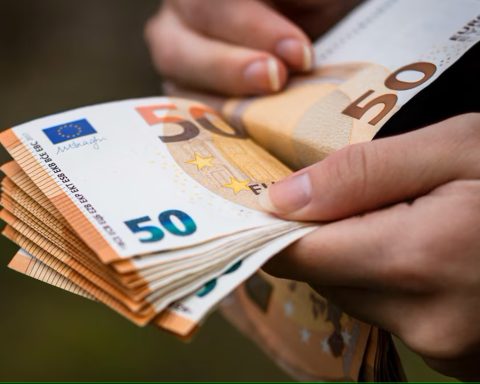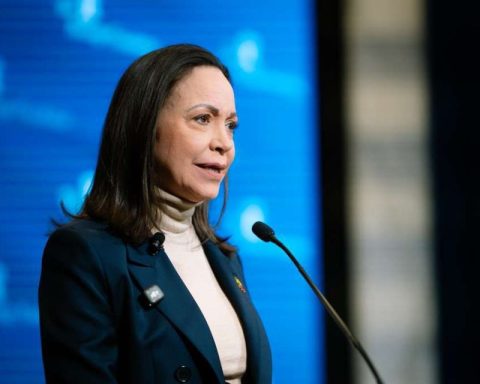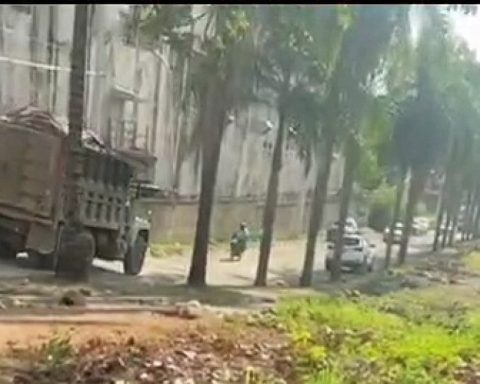44 years ago, the Mobile Coronary Unit became the first mobile emergency medical unit in the world. Now, with a team of more than 1,100 people, including more than 400 medical professionals, UCM, part of the Danish Falck group, has Pablo Costoya as its new general manager. In interview with The Observer, the manager who went through multinationals such as BMW or Pepsico makes an update on the company’s situation, market trends and his plans at the head of the company.
What attracted you to this industry to start this new professional stage?
When UCM called me to lead the company, I did not doubt it for a moment: UCM is a country brand, the first medical emergency in the world, deeply rooted in Uruguayan society. This work, unlike any other, has a very big and mobilizing purpose and that is that all of us at UCM work to save lives, provide relief and help the population to feel safe and protected. On the other hand, and although I do not come from the industry, my entire working life was linked to multinational companies, where I had the opportunity to work with the best processes, the best practices, platforms and the most outstanding professionals in the local and regional market.
How would you describe the current stage of the company?
We are facing the most important stage in the history of UCM in Uruguay. Although UCM has belonged to the Falck group for several years, it was only in the last year that full integration was completed in terms of processes, policies, structures, and others. This means that we operate with all the advantages of a “Glocal” company: At the local level, the operation has full autonomy for decision-making and company management. But on the other hand, we leverage Falck’s strategic capabilities at a global level: we have real-time access to all the technological knowledge and best practices developed by the company. This drives innovation and the adoption of cutting-edge technologies in all areas of the company.
What are those technologies?
For example, Falck is venturing into artificial intelligence projects that will significantly improve the efficiency and service of operations, so that from UCM we can access the know-how developed to apply it locally, something that would be very difficult if we were not part of a leading global company like Falck. Another example is the tests that are being carried out in other Falck operations with the use of drones to transport blood samples, medicines and defibrillators (AEDs) to connect places with little accessibility, generating a significant impact on people’s lives. This is something that surely and sooner than we imagine could be a reality in Uruguay.
How do you see the competition in the industry in Uruguay?
I believe that competition is always beneficial as it raises the bar in terms of innovation, service and quality, and at the end of the day it improves the offer that the customer has. We always welcome competition because we are convinced that it drives us to constantly adapt and evolve with the demands of the market and the environment, to deliver the best value proposition in technology and service, always with a vision towards the future. In this sense, we believe that competition brings important benefits for the entire value chain.
How is the sales performance?
By company policy we do not comment on this data. I can tell you that the company in Uruguay has been growing steadily, and that we aim to continue doing so in the coming years based on a value-added proposition for current UCM clients and for those who will surely join the UCM family. UCM is a strategic market for Falck globally and in Latin America in particular it has a very important weight and in this sense we have a very important investment and growth agenda for the coming years in Uruguay
What particularities does Falck have, owner of UCM in Uruguay?
Falck is a global company of Danish origin, with more than 100 years of history and presence in 26 countries in Europe, Asia and America, employs more than 25,000 people, and is the largest international ambulance and emergency services operator worldwide. world. What clearly differentiates UCM – Falck from any other emergency medical company is that Falck is owned by large foundations that pursue altruistic and philanthropic purposes whose purpose is to finance scientific, humanitarian and social causes. In practice, this means that the profitability that FALCK generates at a global level is reinvested through the foundations that own FALCK in programs of the highest impact for humanity. In the last 10 years, more than €1,500 million (US$1,650) have been reinvested in research programs in very diverse areas.
This is something that is not very common in these latitudes. Does this mean that profitability is not pursued as an objective?
This means that unlike any company that has a shareholder looking for a return on investment, Falck reinvests its profits in foundations to finance programs that contribute to a better quality of life with a philanthropic purpose. At the local level, this implies that the profitability generated by UCM Uruguay is mostly reinvested in this way, so that the money paid by UCM affiliates does not end up in the pockets of a particular shareholder, but rather goes to programs that help transform the lives of millions of people. When at UCM we say that our mission is to save lives and provide relief with a social purpose, we are not only saying it, but we are demonstrating it with facts like these.
limit situation
In healthcare terms, what is the most critical situation for a doctor in an emergency?
Facing cardio-respiratory arrest is one of the most critical situations, and where the actions of healthcare personnel can be a great differential in survival. Within cardiorespiratory arrests, a significant percentage is due to sudden deaths, which are associated with shockable heart rhythms. It means that by doing an immediate cardiac massage and defibrillation in the first few minutes, excellent results can be obtained. The immediate response is essential in these cases, since the vast majority of this type of cardiac arrest can be reversed if immediate defibrillation is performed. The problem arises from the fact that for every minute of delay in defibrillation, the chances of survival decrease by approximately 10%, so immediate action is critical.
How do you understand the figures for successful resuscitation could be improved?
I believe that the entire population should be instructed in basic resuscitation from adolescence. The survival of the victims could be significantly improved with the initial and effective basic attention of the witnesses while the medical emergency is called and/or a defibrillator is obtained. Today a percentage of less than 10% of the population is instructed in Cardiopulmonary Resuscitation (CPR), which are very low numbers to achieve a significant impact. At UCM we have the benchmark cardiac resuscitation training center at the national and regional level, endorsed by the main international associations, for this reason we invite the population to join in being able to be trained in order to have an active role in an area that is critical and that tomorrow can make a difference to save a family member, friend, or someone on the public road.
What measures does the company use to deal with this problem?
At UCM we implemented the immediate defibrillation program, based on a historic investment in incorporating automated external defibrillators (AEDs) and professional defibrillators in 100% of UCM units. In addition, record investments have been made in terms of training hours and cardiopulmonary resuscitation programs, being UCM the leading reference center in Uruguay and at a regional level. Due to its quality processes, UCM has the accreditation of the “National Health of Emergency Technicians” and the “American Heart Association”, even obtaining recognition by the latter as an international training center.
How does this translate into concrete actions?
We are clear that when we attend to a health event, any situation, no matter how slight it may seem, can potentially become complicated. A few days ago we attended a service for a viral picture, and at that very moment the patient suffered cardiac arrest due to sudden death. Thanks to the fact that the medical personnel had an AED at that moment, the person was successfully revived and today he is in perfect condition. That’s why we invest heavily in equipment and training, because we know we make a big difference when it comes to saving lives.
